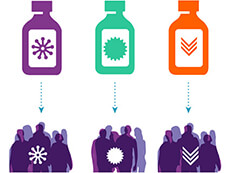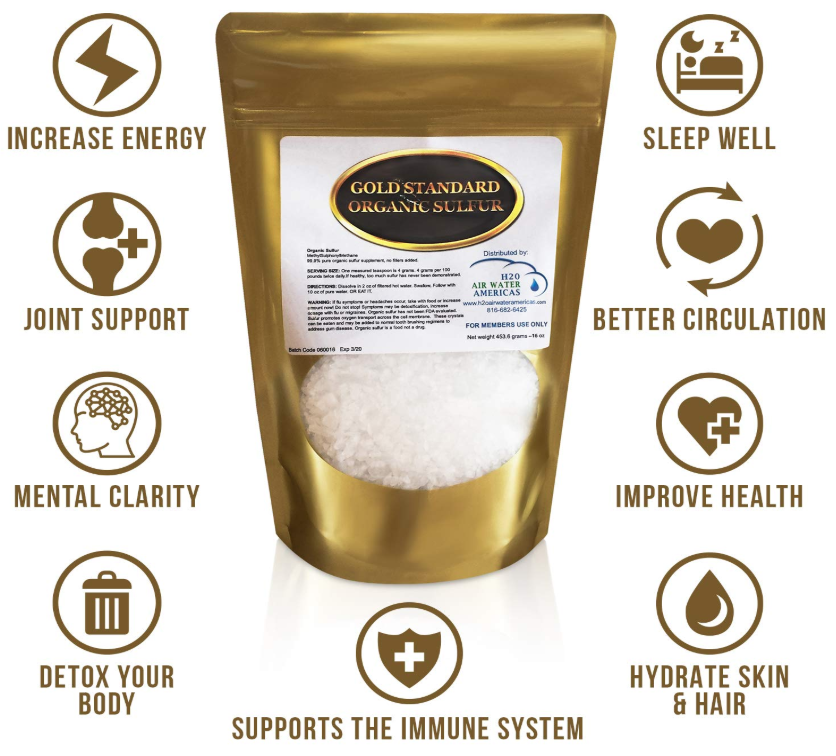|
MSM (MethylSulfonylMethane) is an abbreviation of methylsulfonylmethane, an organic form of sulfur. The chemical formula of MSM is CH3SO2CH3. It is the form in which sulfur is biologically active and appears in nature in all living organisms.
$39.95
Magnesium has an effect on more than 300 bodily chemical reactions. This includes maintaining heart health, sustaining blood vessels, boosting and maintaining energy levels, producing new cells and proteins, and enabling enzyme activity.
|
|
Immunotherapy for Breast CancerImmunotherapy is the use of medicines to stimulate a person’s own immune system to recognize and destroy cancer cells more effectively. Immunotherapy can be used to treat some types of breast cancer. Immune checkpoint inhibitorsAn important part of the immune system is its ability to keep itself from attacking normal cells in the body. To do this, it uses “checkpoints” – proteins on immune cells that need to be turned on (or off) to start an immune response. Breast cancer cells sometimes use these checkpoints to avoid being attacked by the immune system. Drugs that target these checkpoints, known as immunotherapy drugs, help to restore the immune response against the breast cancer cells. PD-L1 inhibitorsAtezolizumab (Tecentriq) targets PD-L1, a protein that is found on some tumor cells and immune cells. Blocking this protein can help boost the immune response against breast cancer cells. This can shrink some tumors or slow their growth. Atezolizumab can be used along with Abraxane (albumin-bound paclitaxel) in people with advanced triple negative breast cancer whose tumor makes the PD-L1 protein. It can be used as part of the first treatment in some people. Atezolizumab is given as an intravenous (IV) infusion every 2 weeks. Possible side effectsSide effects of atezolizumab can include fatigue, cough, nausea, loss of appetite, constipation, and diarrhea. Other, more serious side effects occur less often. Immunotherapy drugs work by basically removing the brakes on the body’s immune system. Sometimes the immune system starts attacking other parts of the body, which can cause serious or even life-threatening problems in the lungs, intestines, liver, hormone-making glands, kidneys, or other organs. It’s very important to report any new side effects to your health care team quickly. If serious side effects do occur, treatment may need to be stopped and you may get high doses of corticosteroids to suppress your immune system. |
|
|

OPEN 24 HOURS: ACCIDENT EMERGENCY, LAB SERVICES, IMAGING SERVICES & PHARMACY










